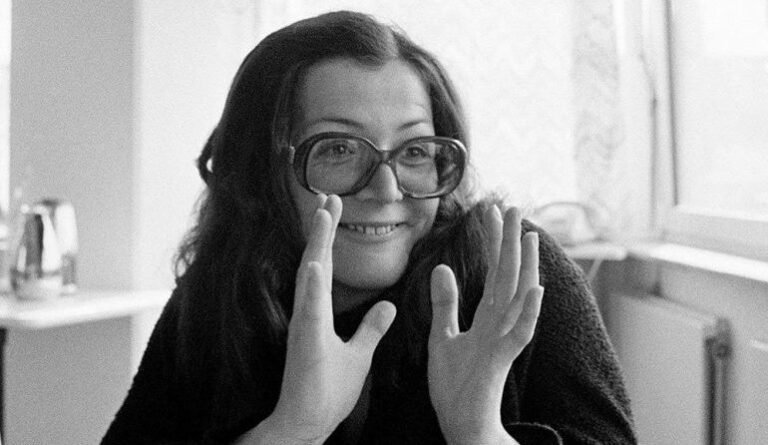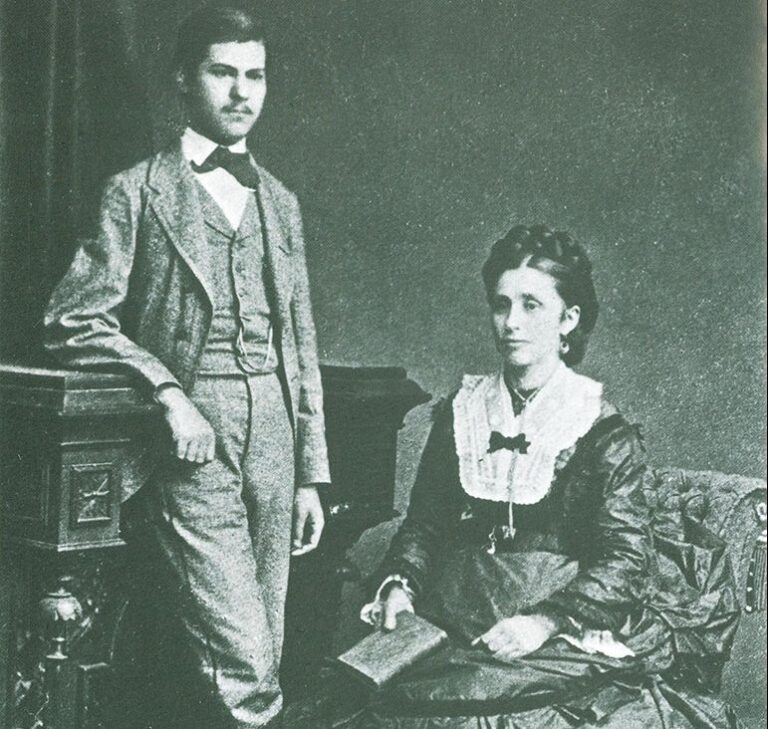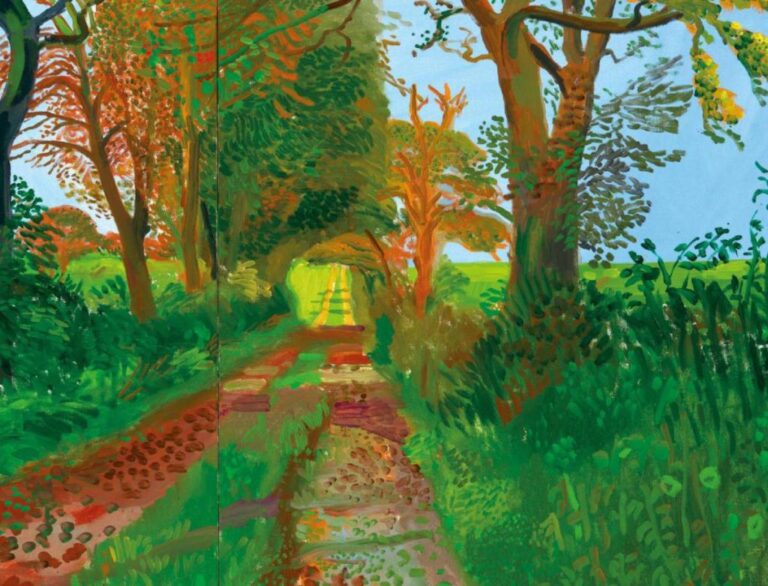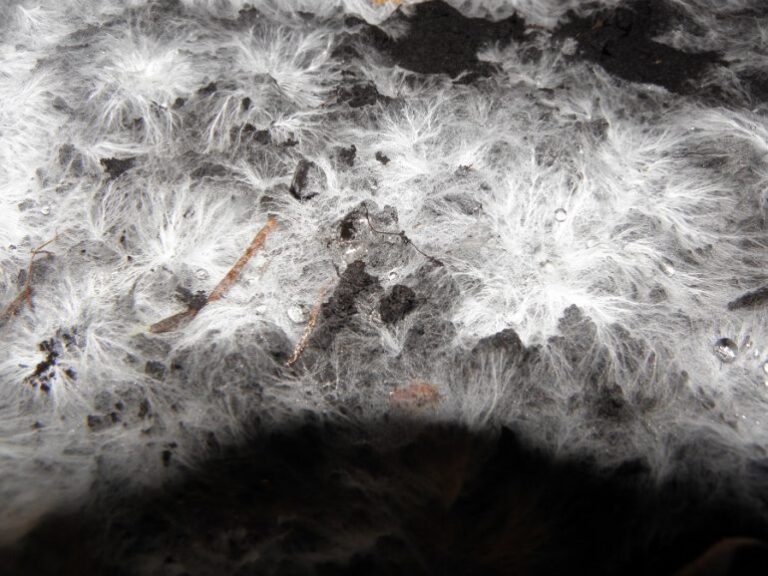The Shape of Desire
When confronted with relentless male longing, there is nothing so spectacular about female flesh: human or animal, it answers to the same name.

When confronted with relentless male longing, there is nothing so spectacular about female flesh: human or animal, it answers to the same name.

In I, Little Asylum, Emmanuelle Guattari reflects on her childhood at La Borde, an experimental psychiatric clinic founded in 1951 in the Loire Valley, France. Are the textures of this novel cum memoir particular to its setting? Can we detect in the book’s rhythm and style anything that directly belies growing up in this ‘clinic disguised as a castle’?

Translated from German into English in 2015, Austrian author Marianne Fritz’s The Weight of Things presents domesticity and motherhood as intolerable, even unbearable, in the aftermath of the Second World War.

Having discovered her mother’s body several days after her suicide, Delphine de Vigan is moved to write not only her own recollections of her mother, but to graft a whole context for a woman who repeatedly came together and apart in Nothing Holds Back the Night.

Written in the immediate aftermath of Brexit, Ali Smith’s Autumn questions how ripping up common ground in favour of enhanced borders reverberates through time and into living human bodies.

Set in 1970s Ireland, Dorothy Nelson’s In Night’s City is an obscure, deceptively slim book. Unofficial predecessor to Eimear McBride’s A Girl is a Half-formed Thing, the novel charts Sara’s attempts to assimilate sexual abuse, suffering, and shame.

Chronic pain necessitates time spent alone, and so seems a natural conduit for loneliness. This doesn’t signal immediate alarm for the writer, who excels in spending time alone. But is there a more insidious, pervasive relationship between chronic pain and the writing process? How does it alter the texture of one’s work, and transfigure or contribute to it over a lifetime?

In Book of Mutter, Zambreno writes, “It is something ineffable about my mother that I search for.” This search, conducted over the thirteen years since Zambreno’s mother’s death, manifests in a fusion of memoir, essay, and meditation, and suggests how writing might embody the lifelong process of mourning a parent.

In Vi Khi Nao’s Fish in Exile, Ethos and Catholic are grief-stricken at the deaths of their infant children. It is Catholic, however, whose body undergoes substantive change and becomes directly conflated with trauma and death.
No products in the cart.